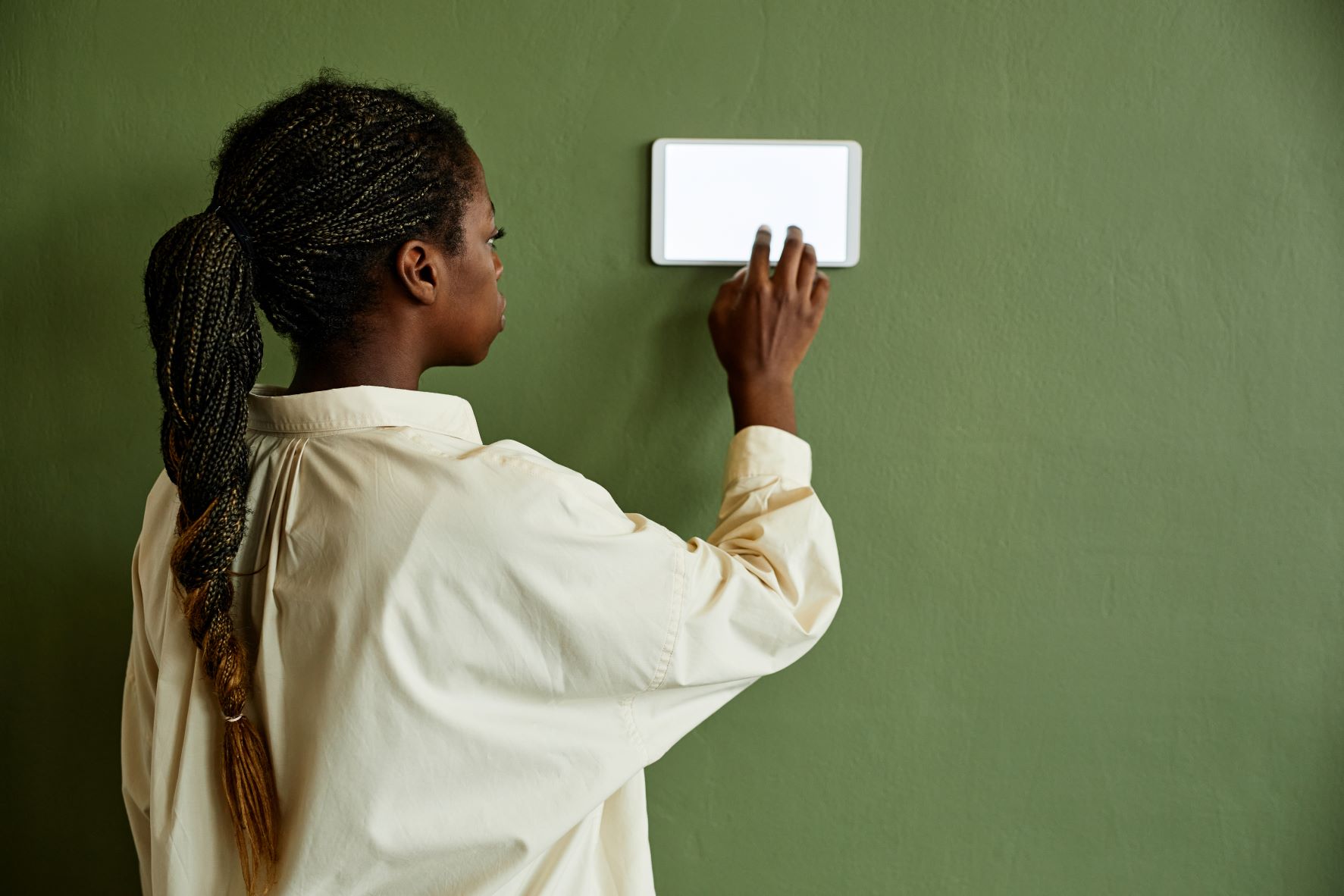In today’s time, it is apparent that many individuals are working hard to save more money due to the Philippines’ intensifying inflation, which has a significant impact on everyone, especially family breadwinners.
In light of this, most homeowners look for home appliances and technologies that enable them to save money since they think doing so will allow them to convert their house and lot in Cavite into a smart home. They buy pretty much anything they think will help them reduce too many expenses on utility bills by managing their energy usage and being more energy efficient. This means that they essentially spend their money on buying smart home devices, such as smart lighting, smart thermostats, and even home security systems.
Despite the fact that most individuals are quite interested in living in an energy-saving smart home, it is also evident that not all of them have the necessary information to know where to begin and how much energy can be saved when living in one. This article will go over everything there is to know about smart homes and will emphasize some important aspects, such as which smart home devices a homeowner may purchase and how it affects energy consumption.
What Is a Smart Home and What Advantages Can It Offer?
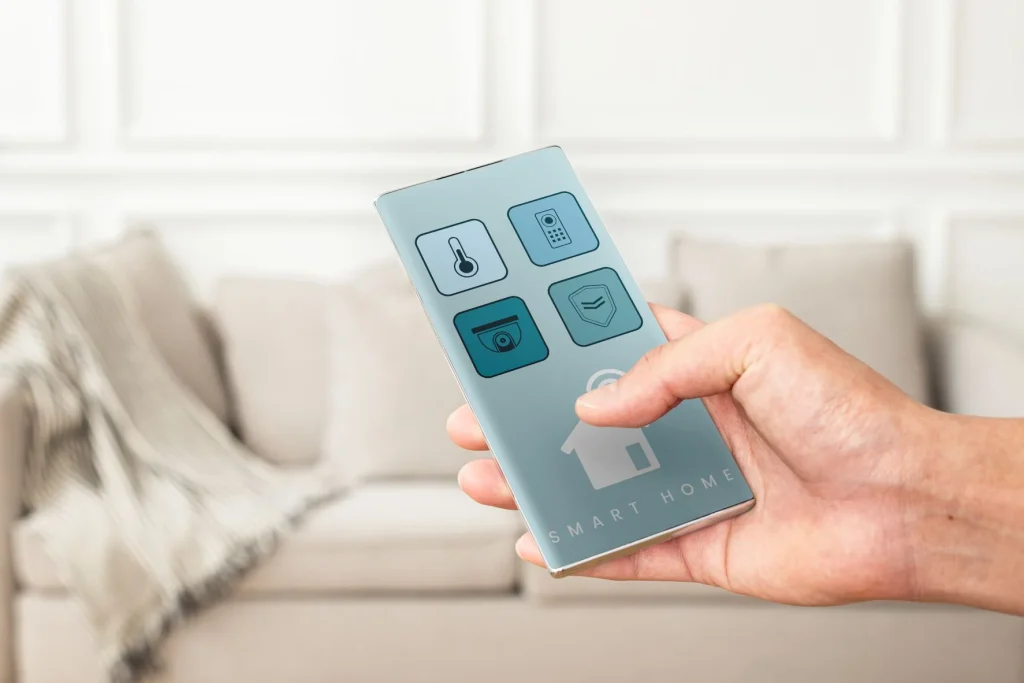
A smart home is one that contains a system in your house and lot in Cavite that links to your appliances to control particular functions and is often controlled from a distance, either through a smartphone, tablet, laptop, or game console. A smart home system can be used by homeowners to set up and monitor home security systems and security cameras, program smart sprinklers, and operate appliances like refrigerators, air conditioning units, and heaters.
Self-learning capabilities are built into smart home devices, allowing them to figure out the homeowner’s schedules and make any necessary changes. Homeowners can also maximize energy savings while using less energy in smart homes by controlling the lighting. Smart home appliances can be incorporated into an energy-saving strategy since they provide you with more control over the energy-consuming items in your house.
Smart home devices offer more than just simple house security and garage door closing. If used properly, they can also help you save energy, money, and heating, which is why they are eco-friendly and frequently less expensive to live in.
Listed below are some methods for reducing energy and water waste in your house while simultaneously saving money.
Smart Plugs
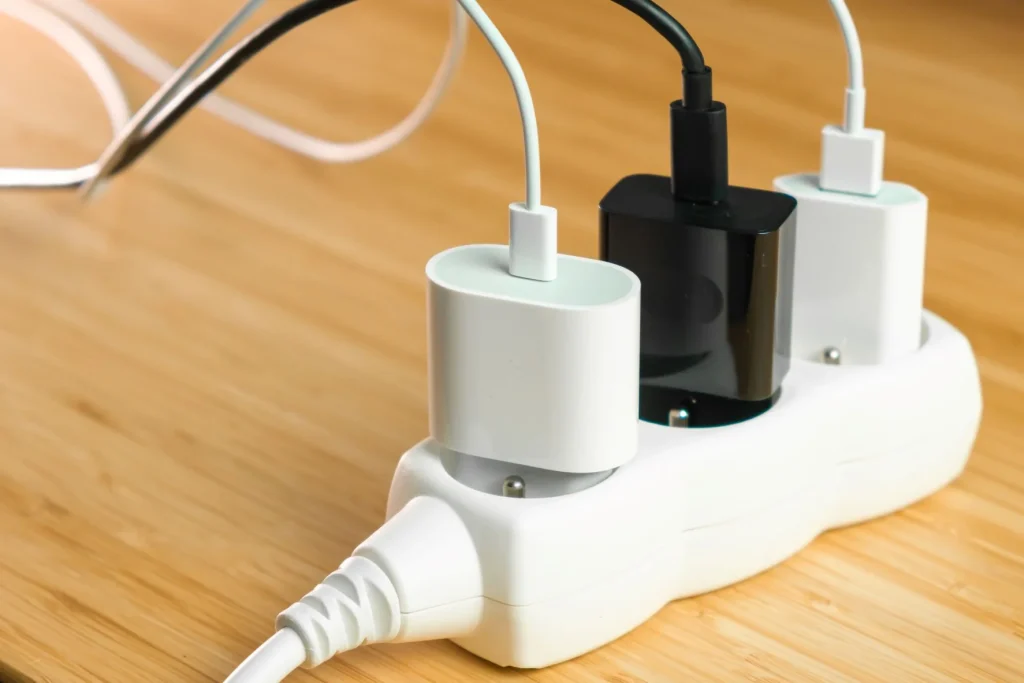
Smart plugs are a good starting point if you aren’t using a smart home platform yet. These smart plug-ins are used to control the energy usage of anything plugged into your electrical outlets. Homeowners may also remotely turn on and off the power, schedule times of use, and even see their overall energy consumption using their apps. Like any average household, for instance, if a kid’s laptop or television is using too much electricity at night, parents or guardians could set a timer for it to go off, or simply switch it off from the comfort of their bed.
Smart Light Bulbs
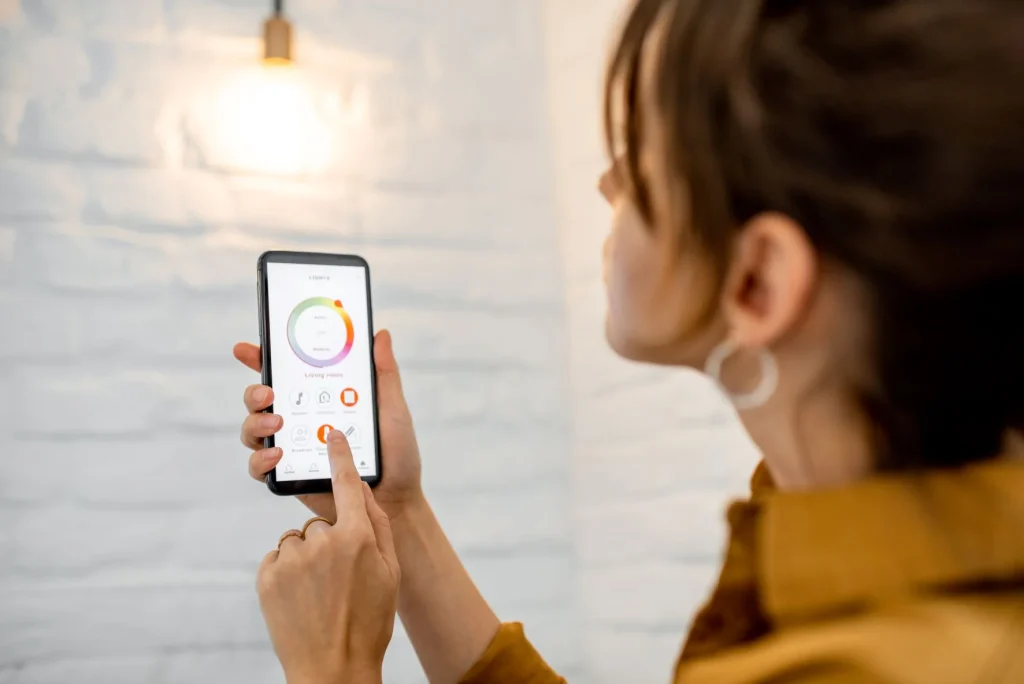
Smart bulbs are light bulbs that connect to your Wi fi network and homeowners control them with an app. Residents can program smart bulbs to turn on and off to conserve energy, much like a smart thermostat.
Some smart bulb manufacturers sense when you are heading back home and automatically turn on the lights. Likewise, homeowners can remotely turn off their lights if they unintentionally leave them on. A smart bulb’s brightness can also be changed, permitting you to save energy by reducing it when a bright light isn’t needed.
Compared to traditional light bulbs, these bulbs consume significantly less energy. However, the main drawback is that they are more expensive than traditional light bulbs, but you can clearly see that they are the greatest option if you take into account the energy savings and longer service.
Smart Water Leak and Freeze Detectors
A house and lot in Cavite may frequently flood as a result of water leaks and frozen pipes, requiring expensive cleanup and repairs. Monitoring beneath sinks, behind toilets, around washing machines, and other potential leaky locations is simple with the installation of a smart leak sensor. The sensor sends a smartphone notification when it discovers a leak allowing the homeowner to address the problem before it gets out of hand. Residents can also prevent leaks from destroying priceless antiques, electronics, and other personal items by using smart water leak and freeze alarms.
Smart Thermostat
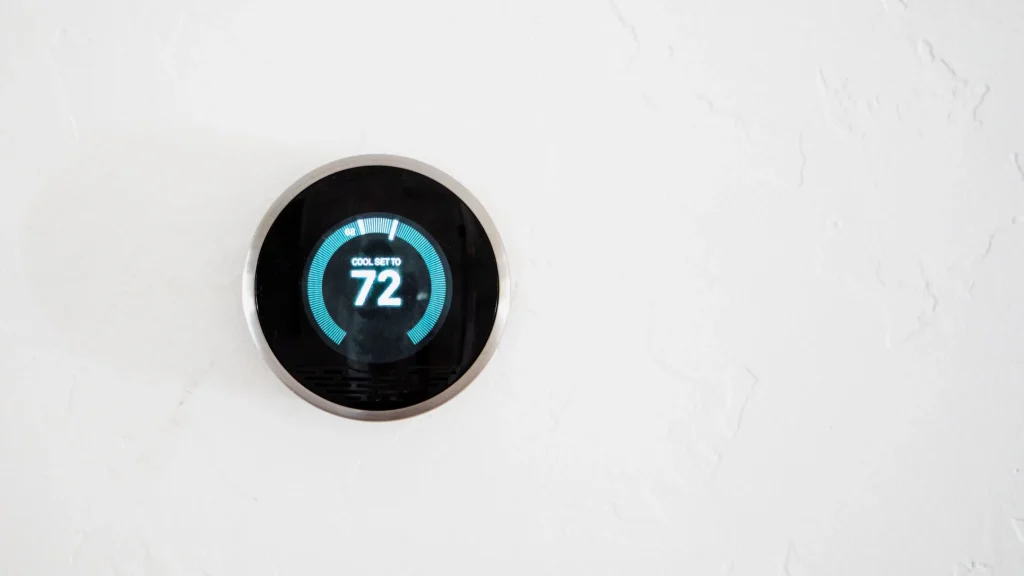
Although it is obvious that a home’s heating and cooling system consumes the majority of the energy used, smart thermostats and temperature sensors can adapt to changing energy requirements instantly.
When no one is home, less heating and cooling is essential. Smart thermostats can be remotely programmed and managed by homeowners using their smartphones. One example would be by setting the thermostat so that it remains off while the homeowner is away, but is warmed up right before they get home. You may also reduce your energy bill by using these innovative settings.
Smart Appliances

The way we engage with kitchen tools is changing, thanks to smart appliances such as washing machines, refrigerators, and coffee makers that communicate with us. This could happen by receiving a notification on the homeowner’s phone if they left the refrigerator door open; Your smart washing machine can email you if it needs maintenance; You can save money by having repairs completed as soon as possible rather than having to entirely replace your appliances; And your dryer can even tell you when you’ll be charged the minimum amount for drying your clothing if you’re one of the people who pay varying electrical rates during peak hours.
Smart Home Security Systems
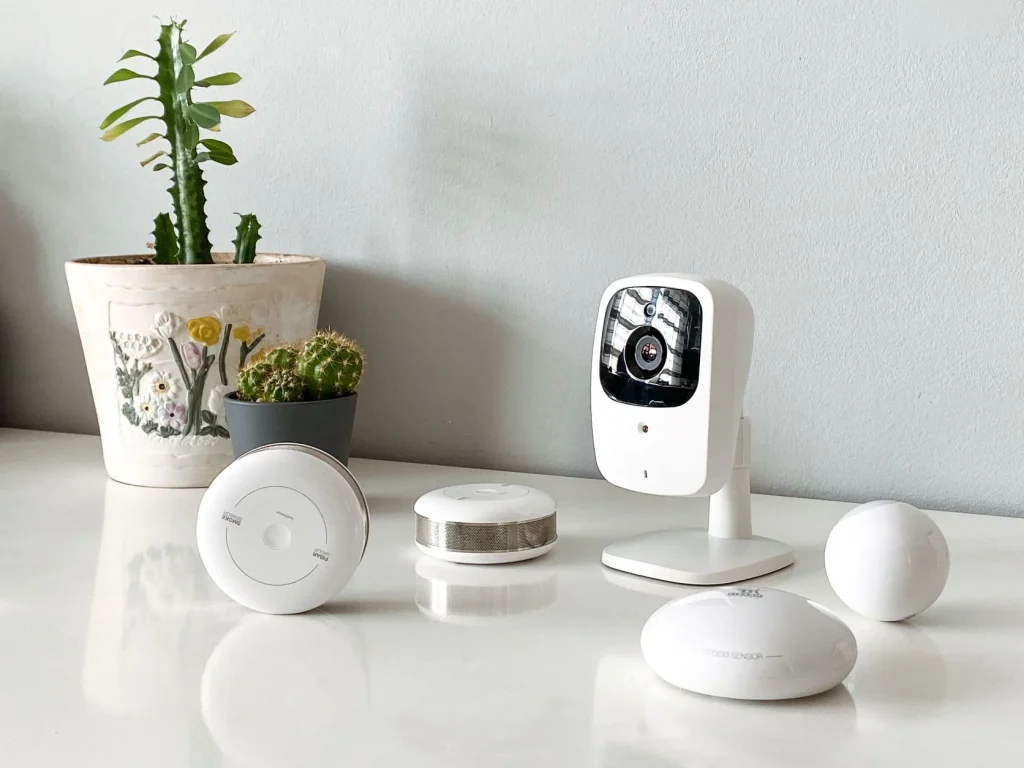
The improved security measures of a smart home are among its most practical features. Nowadays, many products are equipped with cameras that can stream video, track motion, or provide live video feeds. This can be programmed to show in certain locations on your property or installed to sync with a ringing doorbell.
Modern security kits are also installed in a lot of smart homes. This consists of the ability to remotely lock doors and windows using a smartphone, home monitoring, notifications and alerts of suspicious activity, and motion sensor detectors when people shouldn’t be at home. These features not only keep you secure, but they can also save you costs.
False alarms are a frequent issue with home security systems, and they may become expensive if the neighborhood police start fining the homeowner for making repeated calls. Smart security, on the other hand, enables the resident to determine whether the issue is a legitimate 911 emergency or not.
Related Blog: Smart Ways to Organize Your Kitchen


